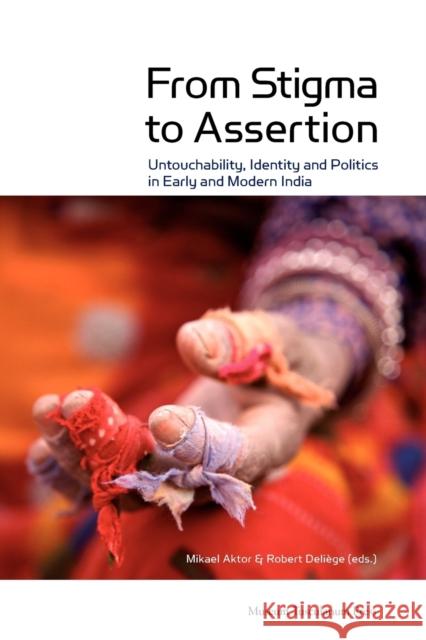From Stigma to Assertion: Untouchability, Identity and Politics in Early and Modern India » książka
From Stigma to Assertion: Untouchability, Identity and Politics in Early and Modern India
ISBN-13: 9788763507752 / Angielski / Miękka / 2010 / 230 str.
When the constitution of independent India took effect in 1950, this meant a break with a more than 2,000 year legacy of "Untouchability" - a set of discriminative practices that bound the lowest castes of society to low-status jobs and restricted their social mobility. For centuries, large sections of Indian society had lived under the many forms of discrimination connected with this stigma. In order to compensate for the social and economic setback caused by discrimination, a reservation policy was introduced that guaranteed the former Untouchables access to education and jobs. These measures have changed the life conditions of the targeted groups, but they have also created tensions in a society where many other groups experience economic stress. The preservation of caste itself, as something that matters in the competition for economic benefits, thus creates today's paradox: that caste assertiveness has become a means to counter inequalities. This collection of articles, written by











